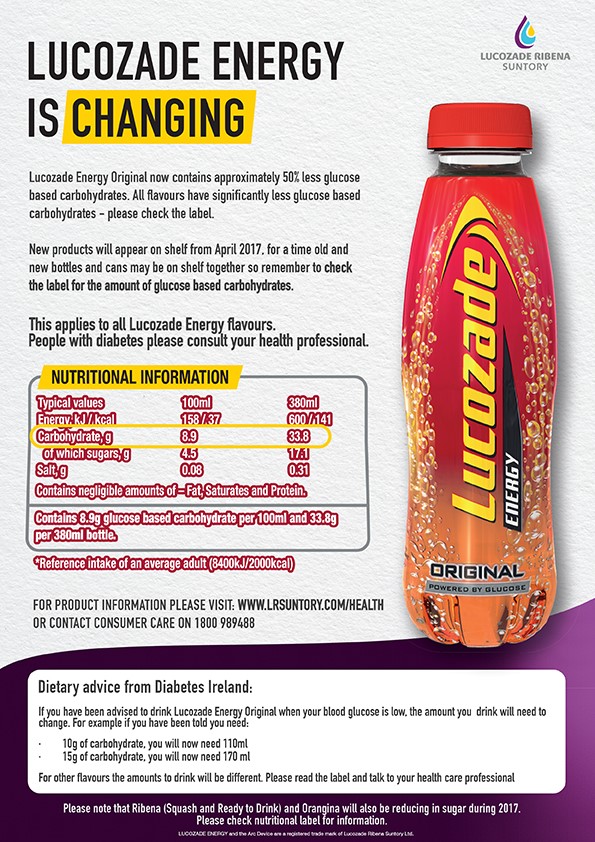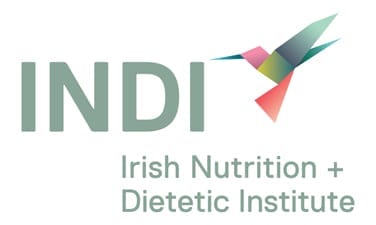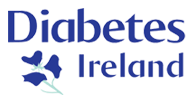March 29 2017
Lucozade formulation is changing
What the Irish Diabetes community need to know

People who have been recommended to drink Lucozade Energy Original when their blood glucose is low should be aware that the formulation of the drink is changing from April 2017 and this will not be advertised on the bottle.
Lucozade Energy Original will now contain around 50% less glucose-based carbohydrates, so the amount needed to treat hypoglycaemia will change.
Hypoglycaemia, often referred to as a ‘hypo’, can be a side-effect of insulin and taking some diabetes medications. A blood glucose level below 4mmol/L is considered hypoglycaemia and if you have frequent low blood glucose levels, you should talk to your doctor as your medication may need to be reduced.
If you are concerned about whether this affects you, check with your pharmacist or doctor/diabetes team to see if any of your diabetes medications puts you at risk of a low blood glucose.
Normal guidelines for treating a ‘hypo’ are:
Step 1:
- Check your blood glucose if you are feeling shaky or unwell and if it is less than 4mmols/l, take some fast acting carbohydrate immediately, e.g. A glass (150 mls) of non-diet mineral/sugary drink or 150mls fruit juice or three to four glucose sweets, dextrose or Lucozade tablets
- If you use Lucozade for treatment, you will now need 170mls to treat a hypo.
Step 2:
- Follow up with some starchy carbohydrate, e.g. two plain biscuits or a sandwich, a glass of milk or your next meal if due
- Check your blood glucose level 10 -15 minutes later
- If blood glucose levels remain less than 4mmol/l, repeat step 1 again
Brands of soft drinks may change their sugar content, so check the labels regularly to be sure you are taking the amount you have been advised to take.
If you are confused about how much glucose you need to treat a hypo or how to work this out, talk to a healthcare professional.
‘It is important that formulation changes in products such as Lucozade are communicated widely to the diabetes community and also to all health professionals involved in their care. The Irish Nutrition and Dietetics Institute (INDI) as the professional body for registered dietitians in Ireland, is delighted to support Diabetes Ireland in their efforts to ensure that all those affected are aware of the new guidelines regarding treatment of Hypoglycaemia’ said Louise Reynolds, Communications Manager, INDI
-END-
For further information: Sinead Powell, Senior Dietitian with Diabetes Ireland is available. Please contact our Dublin office on 01 842 8118 or Louise Reynolds, Communications Manager, INDI, 086 836 2842.
Editors Notes
Diabetes Ireland is the national diabetes charity since 1967, dedicated to providing support, education and motivation to all people affected by diabetes. It raises public awareness of diabetes and its symptoms and funds Irish-based research into diabetes.
- The total number of people living with diabetes in Ireland is estimated to be 225,840
- Type 1 Diabetes, an auto-immune condition, is typically diagnosed in childhood.
- People with type 1 diabetes account for approximately 14,000 – 16,000 of the total diabetes population in Ireland i.e. 10-15% of the population of people living with diabetes
- It is estimated there are 2,750 people under 16 years of age living with Type 1 diabetes (based on the Irish Paediatric Diabetes Audit 2012) results and other young adults under 20 years attending transition clinics)
- Diabetes affects 1 in 3 Irish families
INDI
- The INDI is the Irish Nutrition and Dietetic Institute, the professional body for registered dietitians in Ireland
- The INDI currently has over 700 members including student dietitians.
- All dietitians working in Ireland must be registered with CORU which offers the public protection when looking for nutrition and dietetic advice.
- Type 2 Diabetes is on the rise and is one of the conditions where the role of the dietitian is paramount in education and support.



